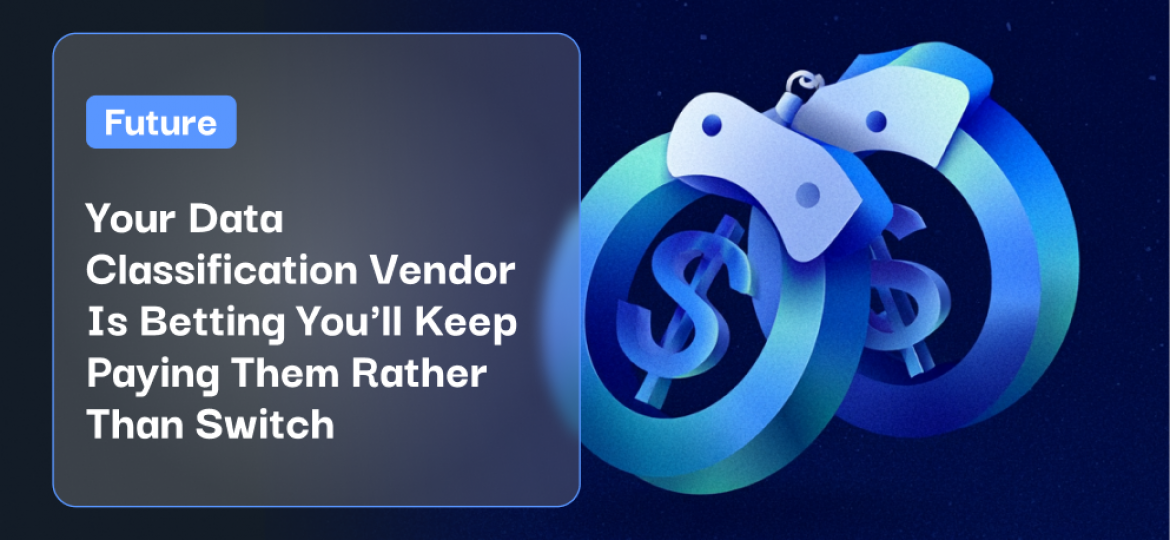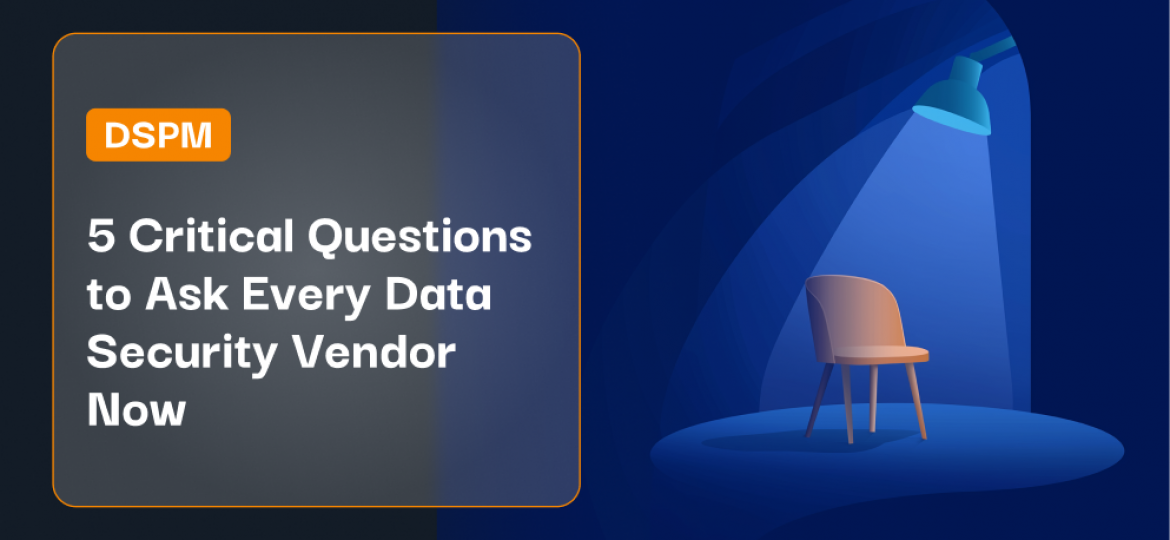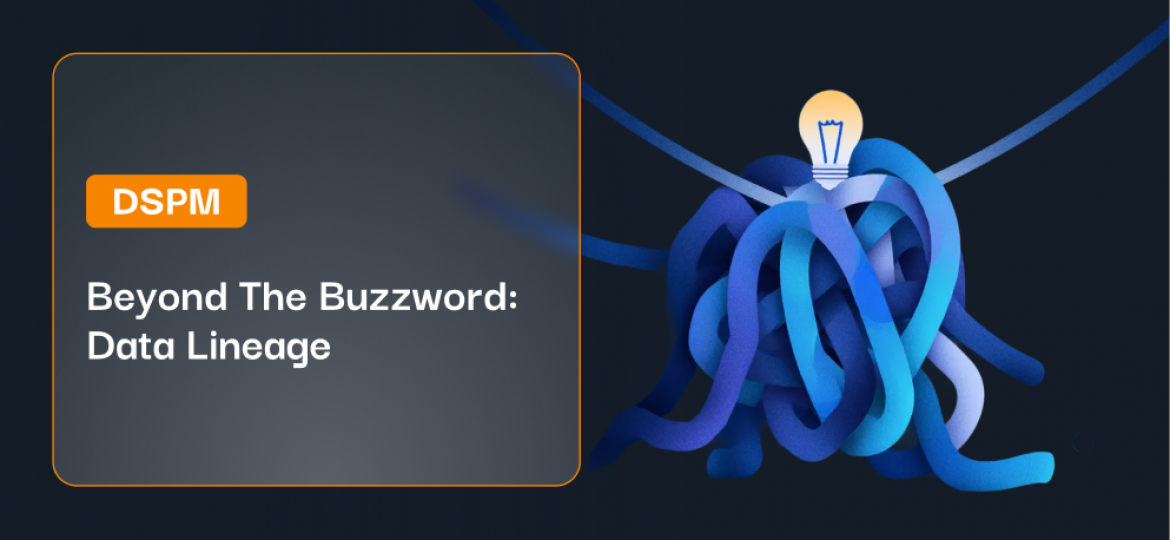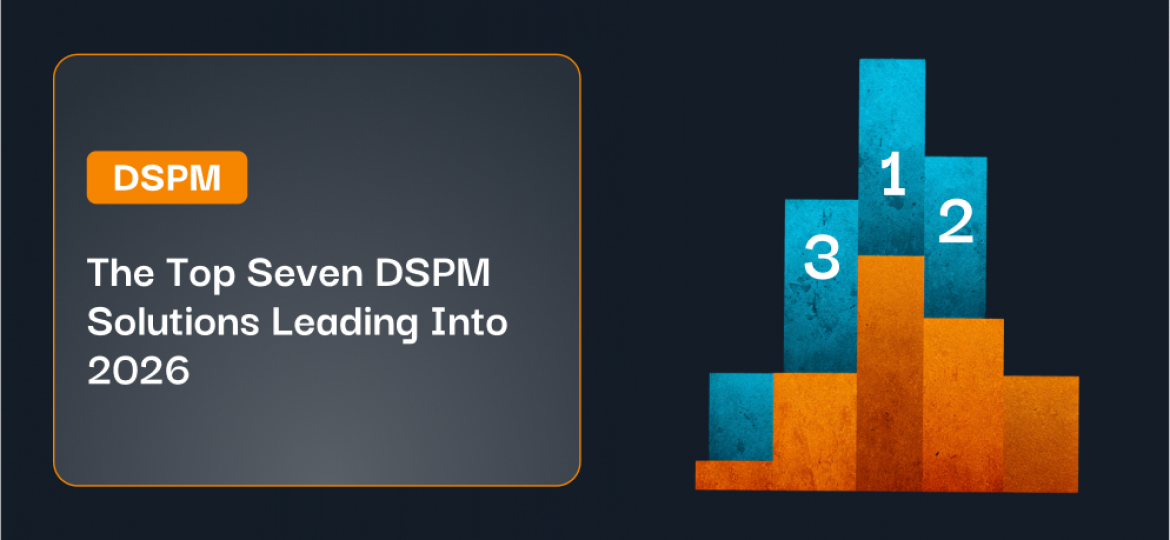A comprehensive and easy-to-understand data security policy is the first line of defense for any company dealing with sensitive information. The need for proactive cybersecurity plans across every level of an organization has never been more apparent, with Verizon’s extensive Data Breach Investigation Report identifying 5,258 confirmed breaches across 88 countries in 2022.
Even the best data security standards will never be able to avert every possible incident, but taking the time to build the right policy for your business now may can be key to preventing problems down the line. Here is what you need to keep in mind as you craft a new data security policy.
Jump to a section…
Identify the data security policy needs for your business
Build in compliance with national standards
Better understand your data and how to defend it
Learn more about how to keep you and your business’ information secure with the Symmetry Systems Complete Guide to Modern Data Security.
Identify the data security policy needs for your business
Data protection in the USA consists of a “jumble of hundreds of laws” across state and federal level, according to the International Comparative Legal Guides’ 2021 report on data protection laws and regulation. The report pertains specifically to protecting the personal data of US residents, but businesses may be contractually obligated to protect many more kinds of sensitive info. Ultimately, the data security process for any company must account for both of these aspects, so the first step is to lay out the specific security requirements for the work your organization does.
For instance, Lawyers Mutual of North Carolina offers a guide to creating a data security policy specifically for attorneys, and the U.S. Department of Health and Human Services regularly releases reports about potential cybersecurity concerns for healthcare professionals.
Build in compliance with national standards
The process of authoring guidelines your organization can be daunting. That’s especially true for the data security policy, as all employees will be required to read it in full and adhere to it. Like anything related to technology, data security standards should be regularly re-evaluated and updated to ensure they’re current.
The National Institute of Standards and Technology offers a helpful framework that companies can use to set up their data security process.. The guidelines encourage organizations to implement five main cybersecurity functions: identify, protect, detect, respond, and recover.
- Organizations should develop the internal understanding to identify risks.
- They should implement appropriate safeguards to protect critical infrastructure services.
- They should develop and maintain activities to quickly detect and then respond to events.
- They should plan out resilient methods to recover capabilities and services ASAP.
The NIST’s framework can be invaluable for developing a top-level understanding of cybersecurity best practices for an organization.
Better understand your data and how to defend it
A strong data security policy is an excellent start for ensuring better cybersecurity for a business. Still, policies can only do so much. To fully protect an organization’s data, security teams must be able to understand where that data is, find vulnerabilities, secure IAM policies, and track down potential breaches.
Symmetry Systems DataGuard is built to provide visibility into each of those areas while attending to the unique demands of cloud-based enterprises. DataGuard can provide IAM policy recommendations in support of least privilege where sensitive data is located, who has access to it, , and otherwise help security teams shore up their defenses against numerous potential threats. Reach out now to see DataGuard in action for yourself, and our team will get you set up with a demo straight away.






